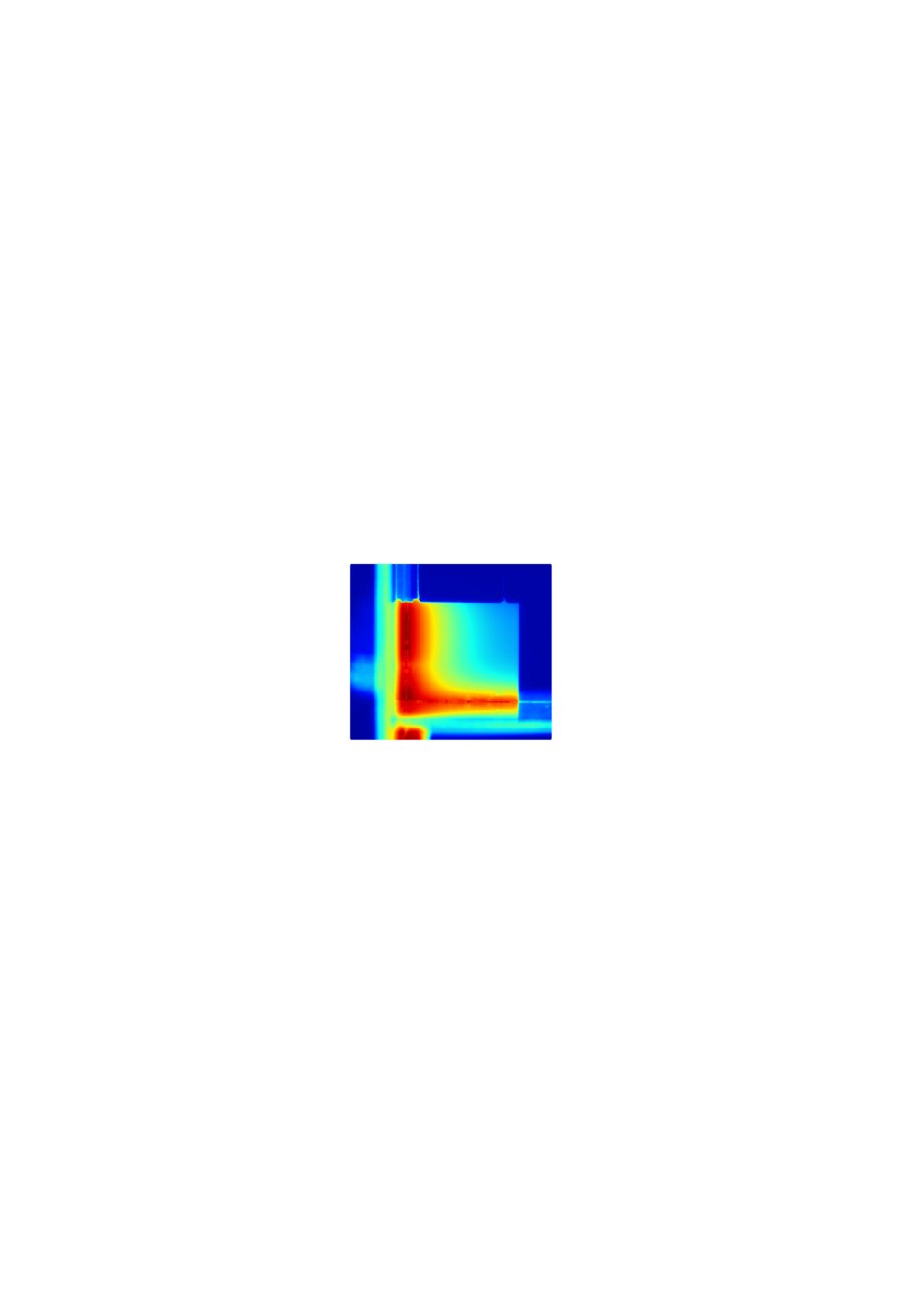Über uns
The expert committee of the GAMM (International Association of Applied Mathematics and Mechanics) has the objective of a platform for Experimental Mechanics with the particular focus on solids. It is established in 2017.
Motivation and Goals
The field of Experimental Mechanics was reduced in German universities for a number of decades. This trend was enforced by the field of Computational Mechanics. However, if we look on the last few years, a number of institutes established small labs treating experiments at solid materials. This has several reasons. First, the community developed a series of mathematical models (constitutive models, computational models) describing the material behavior, which have to validated by experimental observations. Second, the field of material parameter identification has essentially evolved, particularly, considering inhomogeneous deformations using finite elements. Thus, the parameters of the model have to be calibrated at the experimental data. Third, the experimental techniques and the measurement technology has essentially been improved to determine micro- and macroscopical in-situ observations.
The challenges to be treated are the development, investigations and distribution of new experimental techniques in the multiscale and multiphysical applications (chemical, mechanical, thermal, magnetical, and electrical). In this respect, robust optical measurement systems have been improved to determine, for example, thermal and mechanical fields on the surface, but even inside.
The goals of the expert committee are:
Development of a platform for collaborative exchange of knowledge in the field of Solid Mechanics. The particular focus lies of experiments constructed for model calibration or model validation. The discussion treats the questions of Who is treating which experiments?, Where are the testing facilities?, Which testing possibilities exist? and Who can provide which resources and knowledge (experience)? Further goals are assembling publications, provide own publications and to provide selected experimental data.
People
| Coordinator | Prof. Dr.-Ing. Stefan Hartmann | ||||||||||||||||||||||||||||||||||||||||||||||
| Associate Coordinator | Prof. Dr.-Ing. Stefan Diebels | ||||||||||||||||||||||||||||||||||||||||||||||
| Members |
|

Kontakt
Prof. Dr.-Ing. Stefan Hartmann
Institut für Technische Mechanik
Technische Universität Clausthal
Adolph-Roemer-Str. 2a
38678 Clausthal-Zellerfeld
stefan.hartmann@tu-clausthal.de
